detail profile marta anderson
Peran Yang Di Mainkan Marta Anderson
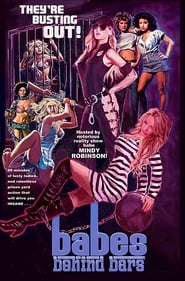 This outlandish compilation of trailers and...
This outlandish compilation of trailers and...Babes Behind Bars 2013
This outlandish compilation of trailers and clips spotlights the women-in-prison sub-genre of grindhouse exploitation films.
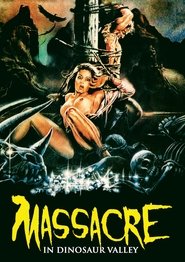 A plane crashes in the Amazon...
A plane crashes in the Amazon...Massacre in Dinosaur Valley 1985
A plane crashes in the Amazon jungle, and its passengers must battle their way through cannibals, slave traders, wild animals and murderous piranha fish to safety.
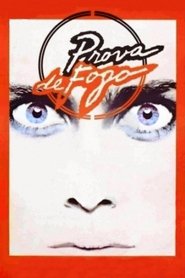 As soon as Mauro an Administration...
As soon as Mauro an Administration...Prova de Fogo 1980
As soon as Mauro, an Administration student, discovers a strong vocation for mediumship, he drops everything to go deeper and dedicate himself to Umbanda, a religion he embraces so strongly that it makes him give up his studies. Determined to open his own spiritist center, Mauro moves to the countryside.
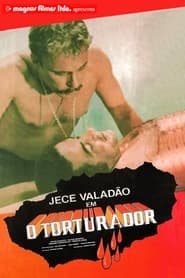 Zionists hire a hitman to kill...
Zionists hire a hitman to kill...The Torturer 1980
Zionists hire a hitman to kill a Nazi war criminal exiled in a Latin American country, where he's being protected by the local dictator. Get ready for gunshots; sex scenes; strange form of tortures; a cocaine-addict priest who helps the dictatorship; contemptous remarks and behavior from the main "hero"; amusing sequences of Chuchu having fun with beautiful women pretending to be James Bond; and the wimp colonel who is in love with a male prostitute. It's all good and fun to watch but remember that this is a product of its era, so it's quite possible to see some objectionable things. But for the most part it's never crass or insanely offensive.
 Dr Brochard the owner of the...
Dr Brochard the owner of the...The Massage Professionals 1976
Dr. Brochard, the owner of the massage clinic "Academia Mãos de Ouro" in Rio de Janeiro, fires two employees for prostituting themselves on the side to the customers. In their place he hires two virgins, Virgem and Berta who are both immediately set upon by the womanizing driver Duda de Almeida.
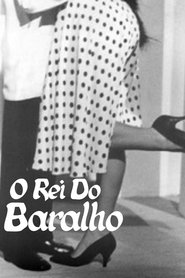 In a movie studio the actors...
In a movie studio the actors...O Rei do Baralho 1975
In a movie studio, the actors are getting made up and the crew is waiting to begin shooting the film. Grande Otelo, the bungling "king of the deck", and Marta Anderson, the blond and provocative star of the show, recite in the historical scenario of the chanchadas, the abandoned studios of Cinédia. "The photography is splendid, it is a sort of parallel song, of critique, of parody, of understanding of a certain light typical of Brazilian cinema of the times, already re-created, already stylized. And with the older actors, Otelo, Lewgoy and the others, something very important happened in the artistic perception, seeing again, doing again, it was already a concrete metalanguage" (J. Bressane).
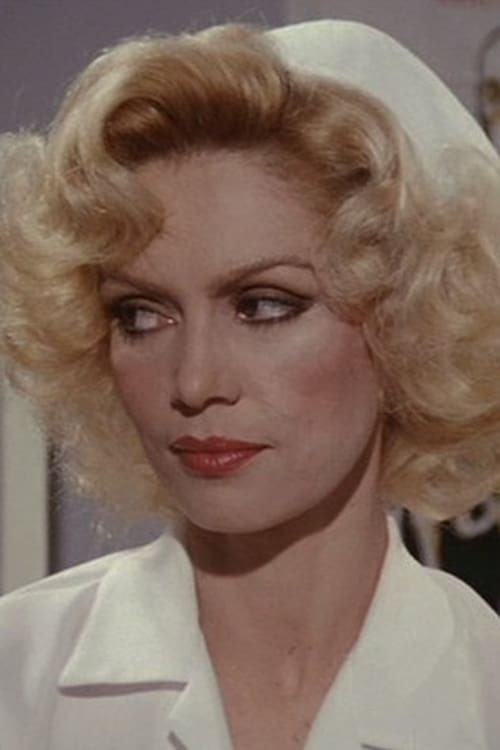
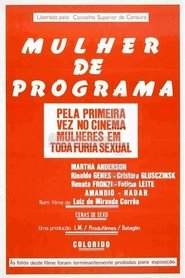
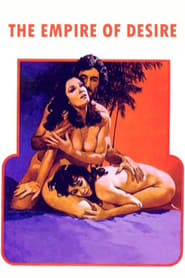 A widow named Sandra is on...
A widow named Sandra is on...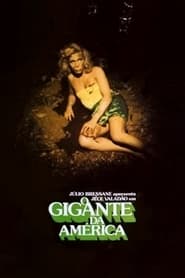 A caboclos soul wanders through purgatory...
A caboclos soul wanders through purgatory...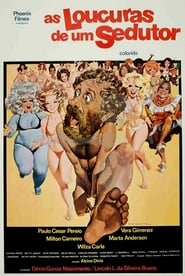
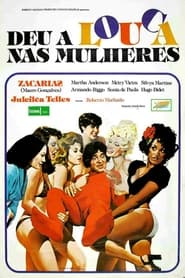
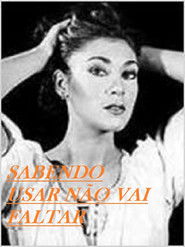
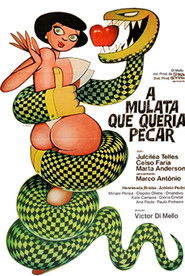
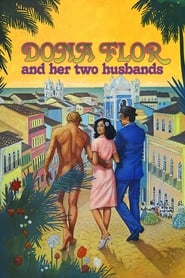 After the death of her handsome...
After the death of her handsome...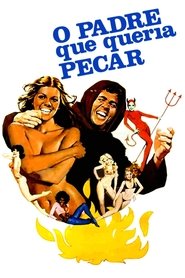 Shortly before becoming a priest a...
Shortly before becoming a priest a...